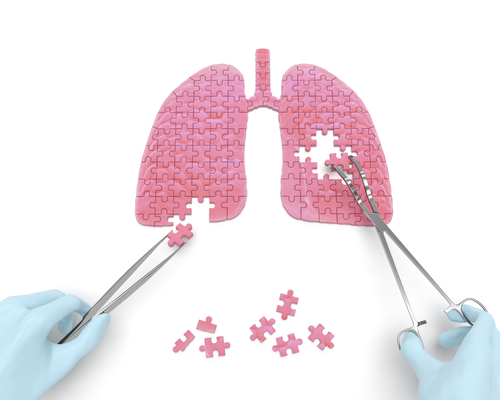Researchers in Singapore have found that inhibiting a protein called interleukin-11, or IL-11, can block fibrosis progression in mice.
Enleofen Bio, a recently founded biotechnology start-up company, will try to move this finding into the clinic by working to develop new therapeutics targeting IL-11 for the treatment of fibrotic diseases, such as cardiac and pulmonary fibrosis.
“Ironically, it has been in plain sight for many years, but unfortunately for patients, this target was completely mischaracterized and hence overlooked,” Stuart Cook, director of the Cardiovascular & Metabolic Disorders program at Duke-NUS Medical School, which collaborated with the National Heart Centre Singapore (NHCS) on the work, said in a news release.
Cook, director of the National Heart Research Institute Singapore, is also the scientific founder of Enleofen Bio.
With the intention to identify new potential therapeutic targets for fibrosis, a research team led by Cook isolated and studied fibroblasts – the cells responsible for many of the fibrosis features – from over 200 human samples of patients undergoing cardiac surgery.
Genetic analysis of the fibroblasts allowed them to identify increased levels of IL-11 as a key feature of activated fibroblasts. Further experiments demonstrated that IL-11 was not only contributing to the fibrotic process but was actually essential for promoting fibrotic molecular mechanisms.
The team demonstrated that IL-11 was not only over expressed in diseased tissues of animal models of fibrosis, but also confirmed that — when administrated to mice — it induced fibroblast activation and collagen deposition. In addition, inhibiting IL-11 function was seen to protect mice from fibrosis development.
Overall, the researchers showed that IL-11 plays a key role in fibrosis and may be a therapeutic target to tackle fibrotic diseases.
These results were the subject of a presentation titled “Integrated target discovery screens identify a novel therapeutic target for cardiovascular fibrosis” at the Annual Congress of the European Society of Cardiology in Barcelona on Aug. 28.
“We are very excited to see this great Singapore-derived therapeutics platform now under development at Enleofen Bio,” said David Epstein, director of the Centre for Technology and Development and Duke-NUS vice dean for Innovation and Entrepreneurship. “We have found the right partners to take Professor Cook’s work to the next level of clinical application to improve peoples’ health and lives.”

